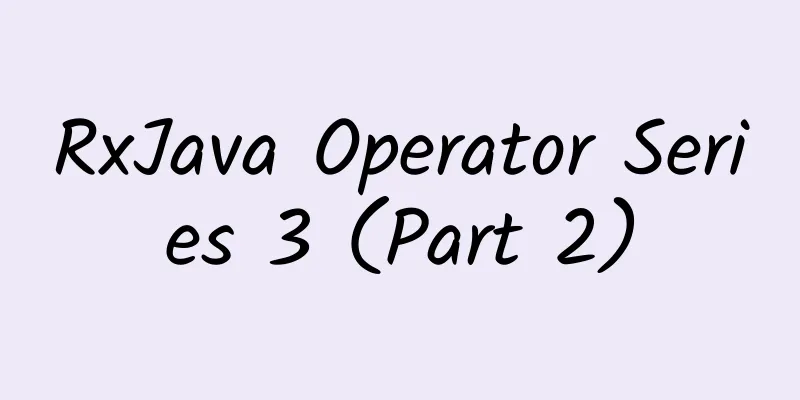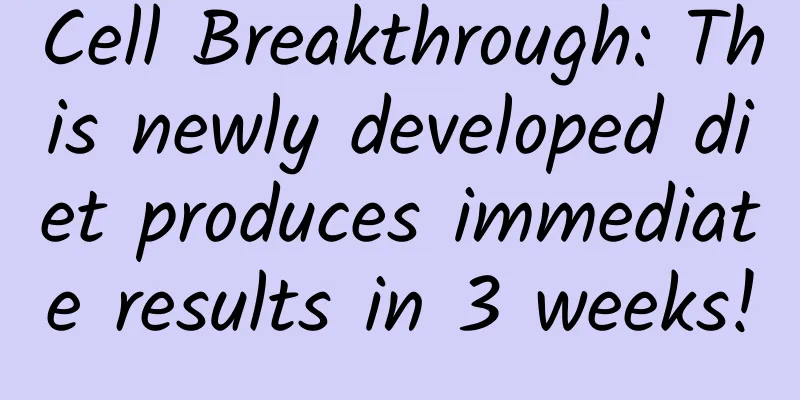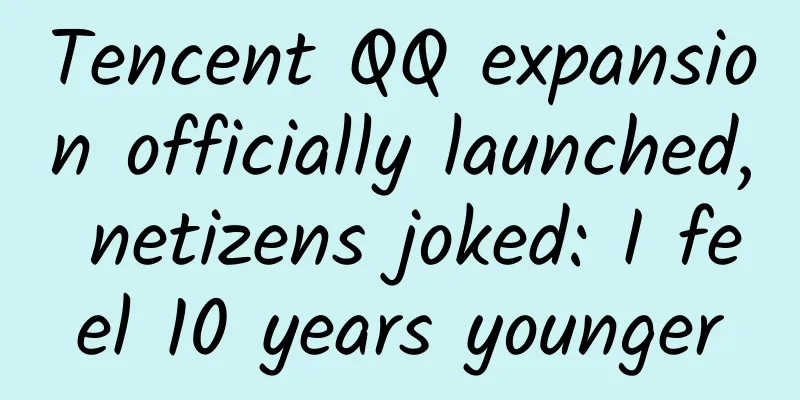RxJava Operator Series 3 (Part 2)

|
Continued from previous article Take The Take operator modifies the behavior of an Observable to return only the first N items of data, then emit a completion notification and ignore the remaining data.
Output log information
Like skip, take also has two other overloaded methods: take(long time, TimeUnit unit) and take(long time, TimeUnit unit, Scheduler scheduler), which are executed on the computation scheduler by default. take also has a variant operator TakeLast, takeLastBuffer. The specific execution effect can be coded by yourself. Debounce This operator means that a data is emitted only when no data is emitted after a specified period of time. It may sound a bit confusing. You can understand it as filtering the results generated by the source Observable interval. If no other results are generated within this specified interval, the result is submitted to the subscriber, otherwise the result is ignored. The principle is a bit like optical image stabilization. On the code
Output information
The output data may not be the same, it may start from 5. Distinct This is relatively easy to understand. It filters out duplicate data and only allows data items that have not yet been emitted to pass. Sample Code
Output log information
ElementAt This operator gets the data item at the specified index position of the data sequence emitted by the original Observable, and then emits it as its own first data. Pass it a 0-based index value, and it will emit the value of the corresponding index position of the original Observable data sequence. If the value you pass to elementAt is 4, it will emit the data of the 5th item. The following example code
Output log information
IgnoreElements The operator suppresses all data emitted by the original Observable and only allows its termination notification (onError or onCompleted) to pass through. The onNext() method will not be executed using this operator.
After execution, only onCompleted will be output. The effect of this operator is just like the empty() method to create an empty Observable, and only the onCompleted() method will be executed. The difference is that ignoreElements processes the data source, while empty() creates an Observable. |
<<: RxJava Operator Series 3 (Part 1)
>>: A collection of ViewHolder tool classes
Recommend
How can operations move from the extensive stage to the refined stage?
Last week I went to Didi and was invited to talk a...
Curiosity, hard work, persistence, and questioning... This is how we prove that dinosaurs turned into birds
Xu Xing, author of the People's Education Pre...
Are mercury thermometers really dangerous? In terms of "mercury absorption", he has endured too much...
I believe everyone is familiar with mercury therm...
Advanced Course of Game Special Effects Art Design
Course Catalog ├──Chapter 8 Light and Color | ├──...
The loyal "guardian" of warmth and quality: cork oak
Thermos bottles are essential daily necessities f...
How can a small e-commerce company with no money and no resources effectively place information flow advertisements?
Friends, Double Eleven is coming soon, which is a...
Comprehensive analysis of all aspects of community operation
As a common means of operation, community operati...
From a rural kid in the South to a hot candidate for the Nobel Prize, he says if he can do it, so can you!
"When I was a child growing up in the mounta...
Night Grass and Qianlima Episode 18 "Douyin Copywriting Class for Those Who Can Be Popular Just by Having a Mouth"
Resource introduction of the 18th issue of Night ...
Yu Chengdong: Huawei has developed its own operating system, just in case
Huawei’s consumer business CEO Richard Yu said th...
Apple releases iOS 9.3.6 and iOS 10.3.4 updates for retired devices
Apple has quietly released some updates for earli...
Archaeopteryx is not the "earliest bird" anymore? New discovery by Chinese scientists pushes back the history of bird evolution by 20 million years!
A Chinese research team recently discovered a 150...
On the rise of Chinese companies' overseas acquisitions: a blessing or a curse?
UBS analyzed the current rise of Chinese multinat...
Regrets in the history of science: They once "missed" the Nobel Prize
Behind a Nobel Prize-winning work, in addition to...









